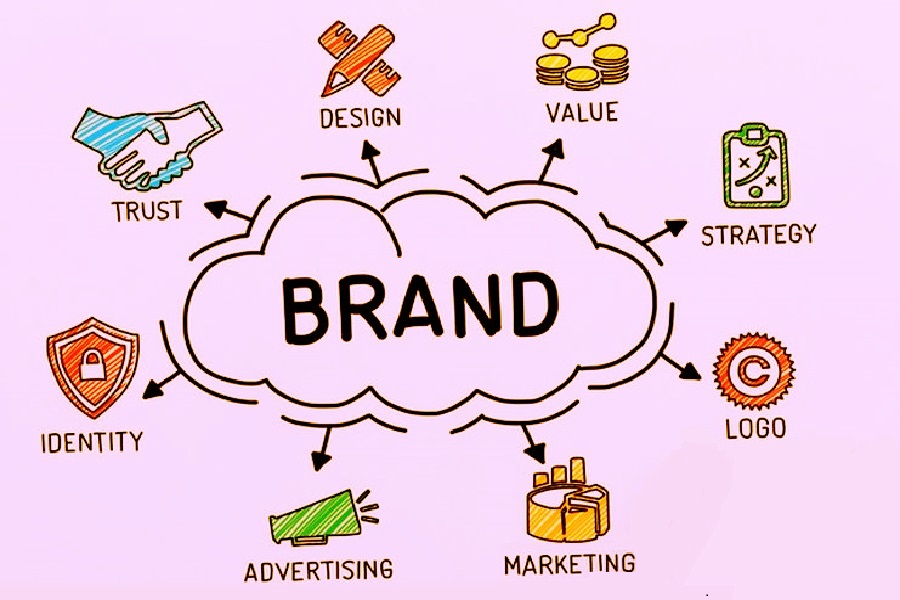
The Pros and Cons of Private Label Skincare: 10 Things to Know
Private-label skincare has become increasingly popular in recent years, with many brands opting to create their own skincare lines instead of selling products from established brands. While there are many benefits to creating a private-label skincare line, there are also some potential drawbacks that should be considered. In this article, we will explore the pros and cons of private-label skin care, and provide you with 10 things to know before deciding whether to invest in creating your own skincare line.
Pros: Customizable Formulas

One of the primary benefits of private-label skincare is the ability to create customized formulas that cater to specific skin types and concerns. This allows brands to create unique products that stand out in a crowded market and can be tailored to meet the needs of their customers.
Cons: Limited Control Over Formulation
While the ability to customize formulas is a benefit, it can also be a drawback. Brands that choose to create a private-label skincare line are often relying on a manufacturer to produce their products. This means that they have limited control over the formulation process and the ingredients that are used.
Pros: Branding Opportunities
Creating a private-label skincare line allows brands to establish themselves as experts in the skincare industry and to build brand recognition. This can lead to increased brand loyalty and customer engagement, which can ultimately lead to increased sales and revenue.
Cons: Branding Challenges

Establishing a brand can be a challenging process, particularly in the skincare industry where there is a lot of competition. Brands that choose to create a private-label skincare line need to invest time and resources into building their brand, which can be a significant challenge.
Pros: Cost Savings
One of the most significant benefits of private-label skincare is the cost savings that it can offer. By creating their own skincare line, brands can often save money on manufacturing costs and reduce the markup that is required when selling products from established brands.
Cons: Quality Control Issues
Another potential drawback is quality control issues. When a brand creates its own skincare line, it must rely on the manufacturer to produce high-quality products. Quality control can be challenging when working with a third-party manufacturer, as the brand may not have complete control over the manufacturing process. This can lead to inconsistencies in the quality of the products and potentially harm the brand’s reputation. Brands must be vigilant in monitoring the quality of their products to ensure that they meet the standards and expectations of their customers. Failure to do so can lead to negative reviews, decreased sales, and damage to the brand’s reputation.
Pros: Product Diversity

Creating a private-label skincare line allows brands to offer a wider range of products than they would be able to if they were only selling products from established brands. This can help to attract a wider range of customers and can lead to increased sales.
Cons: Limited Flexibility
While creating a private-label skincare line can offer product diversity, it can also limit a brand’s flexibility. Brands that rely on manufacturers to produce their products may be limited in terms of the types of products that they can offer and the speed at which they can bring new products to market.
Pros: Increased Profit Margins

By creating their own skincare line, brands can often increase their profit margins and generate additional revenue streams. This can help to offset the costs associated with creating a private-label skincare line and can lead to increased profitability in the long run.
Cons: Increased Risk
One of the potential drawbacks of creating this line is the increased risk that comes with it. Brands that choose to invest in creating their own skincare line must be prepared to take on additional risks, including the risk of product failure and the risk of increased competition. Unlike established brands, lines lack the brand recognition and reputation that established brands possess. This means that lines must work harder to establish themselves in the market and attract customers.
Another risk associated with creating a private-label line is the risk of product failure. These lines must ensure that they are producing high-quality products that meet the needs of their customers. Failure to do so can lead to negative reviews and damage the brand’s reputation. Additionally, the skincare industry is highly competitive, and lines must be prepared to compete with established brands that have already established themselves in the market.
Conclusion
In conclusion, private-label skincare is a viable option for brands looking to establish themselves in the skincare industry and generate additional revenue streams. While there are many benefits to creating a line, there are also some potential drawbacks that must be carefully considered. The pros include the ability to create customizable formulas, branding opportunities, cost savings, product diversity, and increased profit margins. However, the cons include limited control over formulation, branding challenges, quality control issues, limited flexibility, and increased risk.
Brands that choose to create a private-label skincare line must be prepared to take on additional risk and invest time and resources into building their brand. They must also work with reputable manufacturers to ensure consistent quality and be prepared to navigate the competitive landscape of the skincare industry. However, for those who are willing to invest in creating their own line, the benefits can be significant, including increased brand recognition, customer engagement, and profitability.
Ultimately, the decision to create a line will depend on a variety of factors, including a brand’s resources, expertise, and goals. Brands that are willing to invest in the process and navigate the challenges that come with creating their own skincare line can reap significant rewards. However, for brands that prefer to focus on selling established brands, there are still many opportunities to succeed in the skincare industry.
Overall, the pros and cons of private-label skincare must be carefully considered before making a decision. By weighing the benefits against the potential drawbacks and taking the necessary steps to mitigate risk, brands can make an informed decision about whether to invest in creating their own skincare line.
